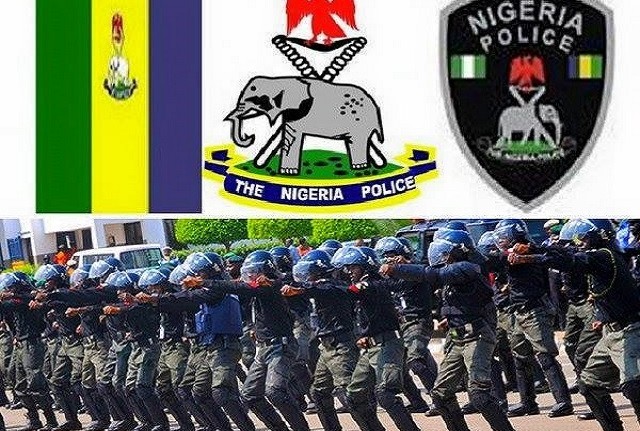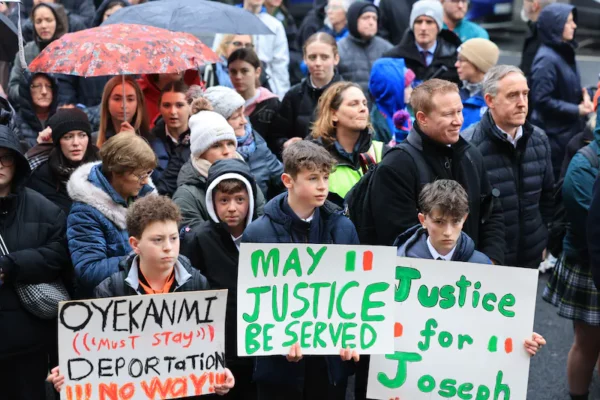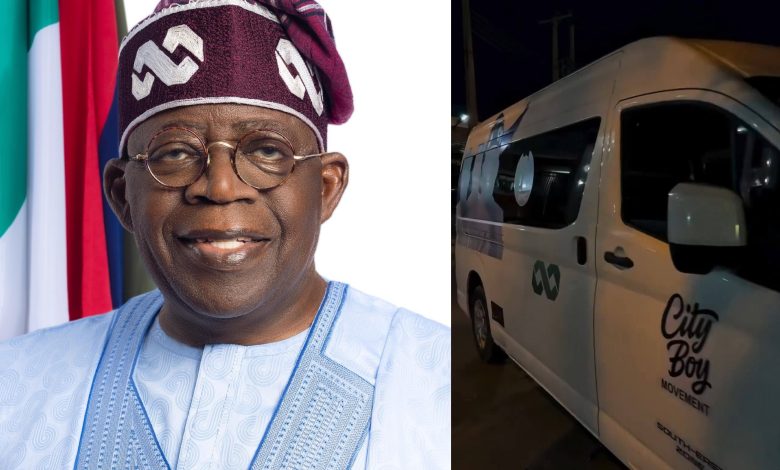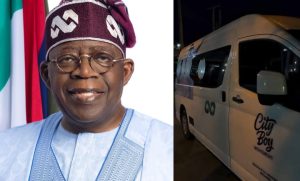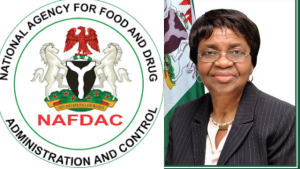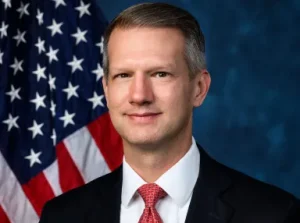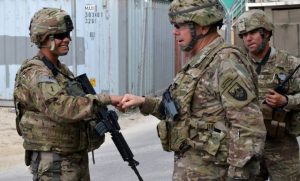Policing Standards: Nigeria Falls Short in Global Ranking
Policing serves as a cornerstone in ensuring law and order in any society. The number of police officers in relation to the population is often seen as a vital measure of a nation’s ability to enforce laws, provide security, and build public trust. Nigeria, with its population exceeding 200 million and a police-to-population ratio of 160 officers per 100,000 people, presents a distinct case for examination. This article, drawing on data reported by PulseNets, delves into the implications of this ratio, compares Nigeria’s policing framework with that of other countries, and explores the broader impacts on the nation’s security, governance, and public trust.
Nigeria’s Position in Global Policing
Nigeria’s Police-to-Population Ratio
Nigeria’s ratio of 160 officers per 100,000 people, equating to one officer for every 625 individuals, is relatively low compared to global standards. Given Nigeria’s diverse security landscape, which includes urban crime and insurgencies, the implications of such a ratio are significant.
Global Police Presence Statistics
| Country | Police Officers per 100,000 People |
|---|---|
| Mali | 38 |
| Niger | 42 |
| Somalia | 43 |
| Ghana | 83 |
| Tunisia | 131 |
| Finland | 132 |
| China | 143 |
| India | 145 |
| Bangladesh | 155 |
| Nigeria | 160 |
| Pakistan | 182 |
| Canada | 184 |
| Norway | 189 |
| Denmark | 196 |
| Sweden | 198 |
| Philippines | 208 |
| Indonesia | 222 |
| South Korea | 226 |
| Brazil | 232 |
| Japan | 235 |
| USA | 243 |
| Poland | 259 |
| Australia | 264 |
| Ireland | 293 |
| Netherlands | 295 |
| Malaysia | 321 |
| Austria | 335 |
| Israel | 345 |
| South Africa | 345 |
| Germany | 349 |
| Ukraine | 356 |
| Iran | 377 |
| Algeria | 396 |
| France | 422 |
| Portugal | 446 |
| Italy | 456 |
| Mexico | 465 |
| Spain | 534 |
| Russia | 545 |
| Turkey | 615 |
| Serbia | 636 |
| Argentina | 798 |
| Monaco | 1,302 |
| Palestine | 1,554 |
| Vatican | 15,439 |
Comparison with Global Standards
On a global scale, Nigeria falls short of developed countries in terms of police presence. For example, the U.S. boasts 243 officers per 100,000 people, while European nations like Germany (349) and France (422) have even higher ratios. Countries like Vatican City and Monaco, with their unique characteristics as small, densely populated states, show extraordinarily high police-to-population ratios. These comparisons highlight the significant disparities in policing levels and underscore the challenges Nigeria faces in achieving an optimal police presence.
The Implications of Nigeria’s Policing Levels
Security and Crime Prevention
The relatively low number of police officers in Nigeria raises significant concerns about the nation’s ability to effectively prevent and respond to crime. With over 200 million citizens, maintaining security with the current police-to-population ratio is a daunting task.
Challenges of Insurgency in the Northeast
In the Northeast, where Boko Haram and other militant groups are active, the limited police presence struggles to manage the insurgencies. The vast and often inaccessible terrain further complicates law enforcement efforts.
Banditry in the Northwest
The Northwest faces persistent issues with banditry, including kidnapping and robbery. The scarcity of officers makes it difficult to patrol these areas effectively, leaving many communities vulnerable.
Rising Urban Crime Rates
Urban centers in Nigeria, such as Lagos and Abuja, are experiencing a surge in crime, from petty theft to armed robbery. The dense populations in these cities put additional strain on police resources, raising concerns about law enforcement’s effectiveness in urban areas.
Public Trust and Police Effectiveness
Issues of Corruption
As reported by PulseNets, the effectiveness of policing is not solely dependent on numbers but also on public perception. Corruption within the Nigerian police force has long eroded public trust, hindering cooperation between law enforcement and the communities they serve.
Perceptions of Brutality
Instances of police brutality further damage the relationship between the public and law enforcement. High-profile cases of extrajudicial killings have sparked widespread protests and calls for reform, intensifying the already fragile trust.
Efficiency and Public Perception
The perceived inefficiency of the police, due to factors like corruption, inadequate resources, or poor training, compounds the problem. When citizens lack trust in the police, they are less likely to report crimes or cooperate with investigations, creating a vicious cycle that undermines public safety.
Resource Allocation and Training
Adequacy of Resources
Despite a relatively higher number of officers compared to some African countries, Nigeria’s law enforcement is hampered by insufficient resources. Many officers lack essential equipment, such as vehicles and protective gear, limiting their ability to perform their duties effectively.
Training and Professional Development
The training provided to Nigerian police officers is often criticized for being outdated and inadequate for the demands of modern law enforcement. Without ongoing professional development, officers may not have the necessary skills to address the complex security challenges in Nigeria.
Community Engagement and Policing
Effective policing requires strong community engagement. In Nigeria, the lack of meaningful interaction between the police and the communities they serve exacerbates issues of distrust and inefficiency. To improve relations, there must be a concerted effort to involve communities in policing strategies, ensuring that officers understand the unique challenges of the areas they protect.
Comparing Nigeria with Similar Economies
Economic Status Comparison
Comparing Nigeria’s police-to-population ratio with countries of similar economic status, such as India (145), Bangladesh (155), and Pakistan (182), Nigeria appears to have a more favourable ratio. However, as reported by PulseNets, this statistic does not necessarily lead to better security outcomes. Effective law enforcement depends on various factors, including governance, legal frameworks, and socio-economic conditions.
Governance and Legal Framework
Nigeria’s governance and legal framework significantly impact the effectiveness of its police force. Weaknesses in these areas, such as corruption and inadequate laws, can severely hinder law enforcement efforts, regardless of the number of officers.
Also Read: Nigerian Police teams reportedly shoot each other after mistaking themselves for IPOB members
Socio-Economic Conditions
The socio-economic conditions in Nigeria, characterized by poverty, unemployment, and inequality, contribute to the challenges faced by the police force. High levels of poverty and inequality can lead to increased crime, further straining the already overstretched police force.
Conclusion
Nigeria’s position in the global ranking of police officers per 100,000 people reflects broader challenges within its law enforcement sector. While these numbers provide a quantitative measure, they do not capture the qualitative aspects crucial for maintaining law and order. As PulseNets reports, the Nigerian government must focus not only on increasing the number of officers but also on improving their training, resources, and community relations to build a more effective and trusted police force.
In a nation as populous and complex as Nigeria, achieving an optimal police-to-population ratio is a significant challenge. However, with targeted reforms and investments in the police force, Nigeria can enhance its capacity to maintain law and order, leading to a safer and more stable society.
